Virginia Woolf Archive
The Impossible Citizen in Jill Magi’s SPEECH
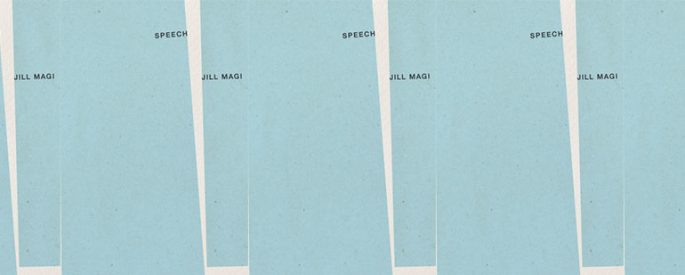
In Magi’s book-length poem, which revives a cosmopolitan way of being that has gone out favor, textures of physical borders are examined as speech while actual speeches are recovered from books and archives to reveal ways we might begin to comprehend the borders that entrap us.
The Flâneuse: Walking in London and Paris
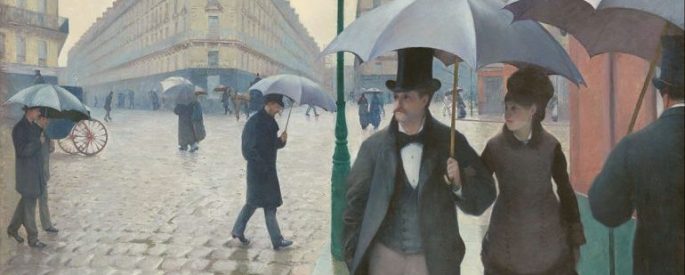
We speak of things like ships, cities, and even the earth itself as female, yet men are so often the ones confidently plodding through these spaces, conquering them as they would a female body.
Becoming One’s Mother: Tove Ditlevsen’s Copenhagen Trilogy
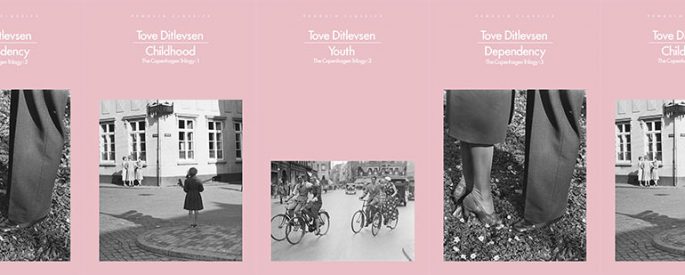
Devastatingly, Tove Ditlevsen’s three-part memoir suggests that acquiring a room of one’s own and becoming a successful writer does not preclude sharing the fate of one’s mother.
Supreme’s Co-Optation of Barbara Kruger’s Oeuvre
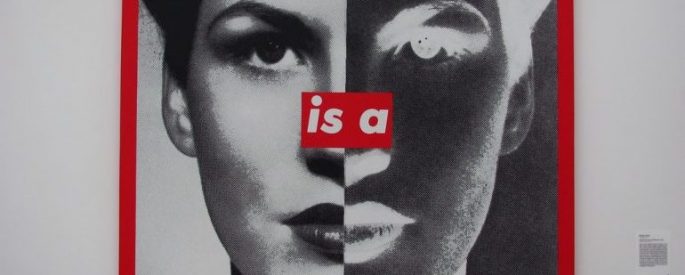
If Supreme is recognized for Barbara Kruger's iconic messages, is the brand co-opting and altering her words, thus changing Kruger’s rhetorical impact on an audience? What is the rhetorical purpose behind Kruger’s work?
The Structure of Trauma

What is interesting about trauma narratives, despite their abundance, is how writers shape them, allowing their stories to transcend the act of recounting.
Exploring the Self in Orlando and The Puttermesser Papers
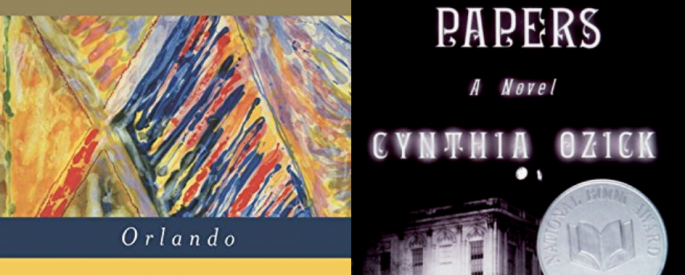
Virginia Woolf and Cynthia Ozick both feature protagonists who flaunt societal gender-based expectations like marriage and children in their mock-biographies.
Writing in the In-Between

Writers squeeze writing in between their full-time work, even if they don’t talk about it. Journalist and TV anchor Jake Tapper did just that in writing his political thriller, which he wrote sometimes in intervals of only fifteen minutes at a time.
Virginia Woolf and the Language of Trauma
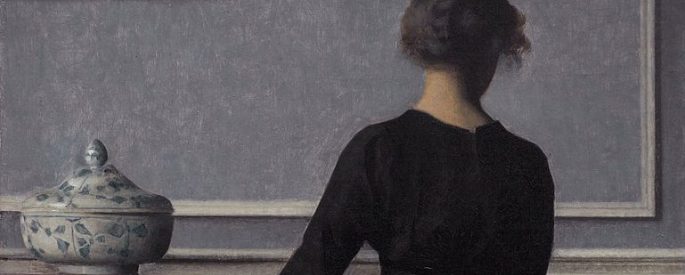
In reference to the sexual abuse Virginia Woolf endured by her half brothers,
she once told her biographer Nigel Nicolson, “Nothing has really happened until it
has been described.” This line stuck with me, especially after I’d been struggling with
the words to tell the story of my rape.
Virginia Woolf’s Pencil
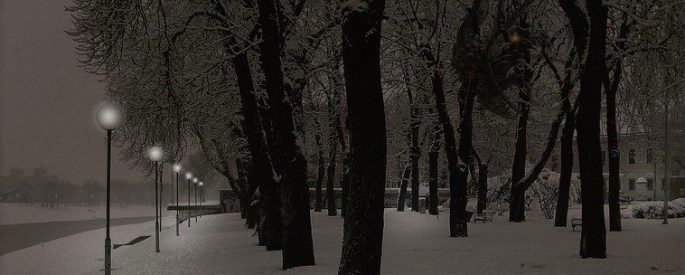
“No one perhaps has ever felt passionately towards a lead pencil,” begins Virginia Woolf’s essay “Street Haunting.” It is the idea of the pencil, and the prospect of its purchase, that sends her narrator wandering through the streets of London at dusk in winter.
Deck the Halls–Merrily but Warily
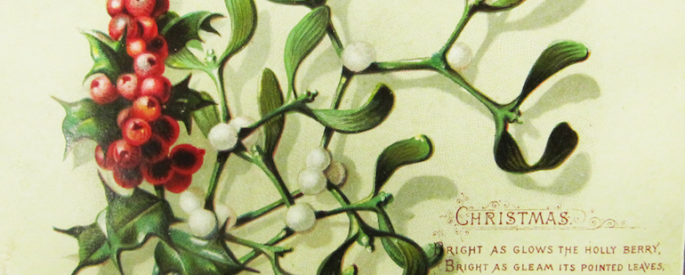
In literature, scenes of decoration are charged with dramatic potential. In leaving their marks on spaces in this exaggerated way, characters show themselves to us.